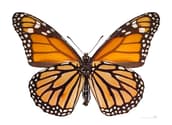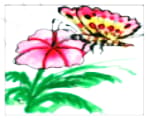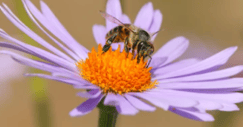Honeybees
Honeybees: Overview
This Topic covers sub-topics such as Beekeeping, Beekeepers, Honeybees, Nectar Sucking Insects, Requirements for Beekeeping, Suitable Conditions for Beekeeping, Honey Cost Calculations, Role of a Honey Wholesaler and, Beekeeping for Livelihood
Important Questions on Honeybees
Give one example of an Insect that has a long, thin, straw-like tube as the mouth.
What is the food of mosquitoes?
Write two examples of insects which hover on flowers.
How do the butterflies get their food?
What are the other animals(other than butterflies) which hover around the flowers? Name them
Why are the butterflies found near the flowers?
Guess my name.
I suck nectar from flowers with my straw-like mouth. My name is _____.
Look at the picture given below and answer the following question:

Name this animal: _____
Name an animal that sucks blood through a hollow tube.
Identify the following picture. Answer the question that follow.

How does this insect like to live- alone or in colonies?
Look at the picture and fill in the blank.

Butterfly has a proboscis to suck _____ of the flower.
Look at this picture of a bee sitting on a flower.

Name the process that will happen when it visits another flower of the same kind.
You must have seen butterflies and bees sit on flowers. They go from flower to flower in search of food. They drink the nectar produced by flowers. Plants thus provide food to them. But do plants also benefit from them?
Guess my name.
I fill my stomach with the blood of animals, using my sharp tube-like structure. My name is _____.
Guess my name.
I suck nectar from flowers with my straw-like mouth. My name is
Name the following.
Two animals that have a long and pointed tube attached to their mouth.
Fill in the blank using the word from the bracket.
| gills | snake | spiracles | skin | proboscis | adaptation |
_____ helps a butterfly to suck nectar from flowers.
Sort the following by writing 'H' for harmful insects and 'U' for useful insects.

Shown below are some food items of insects. For each, write the name of the insect that feeds on it.

